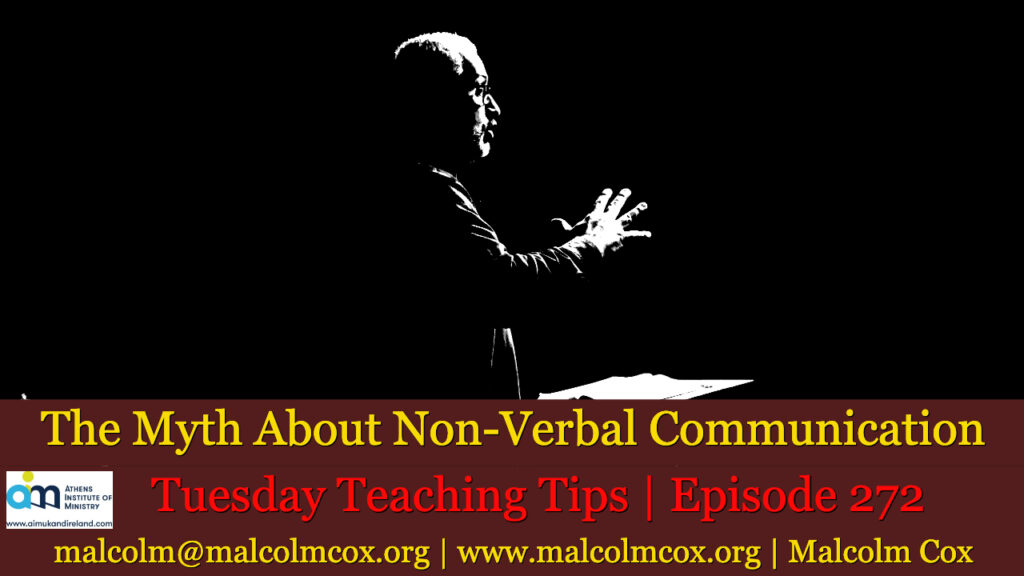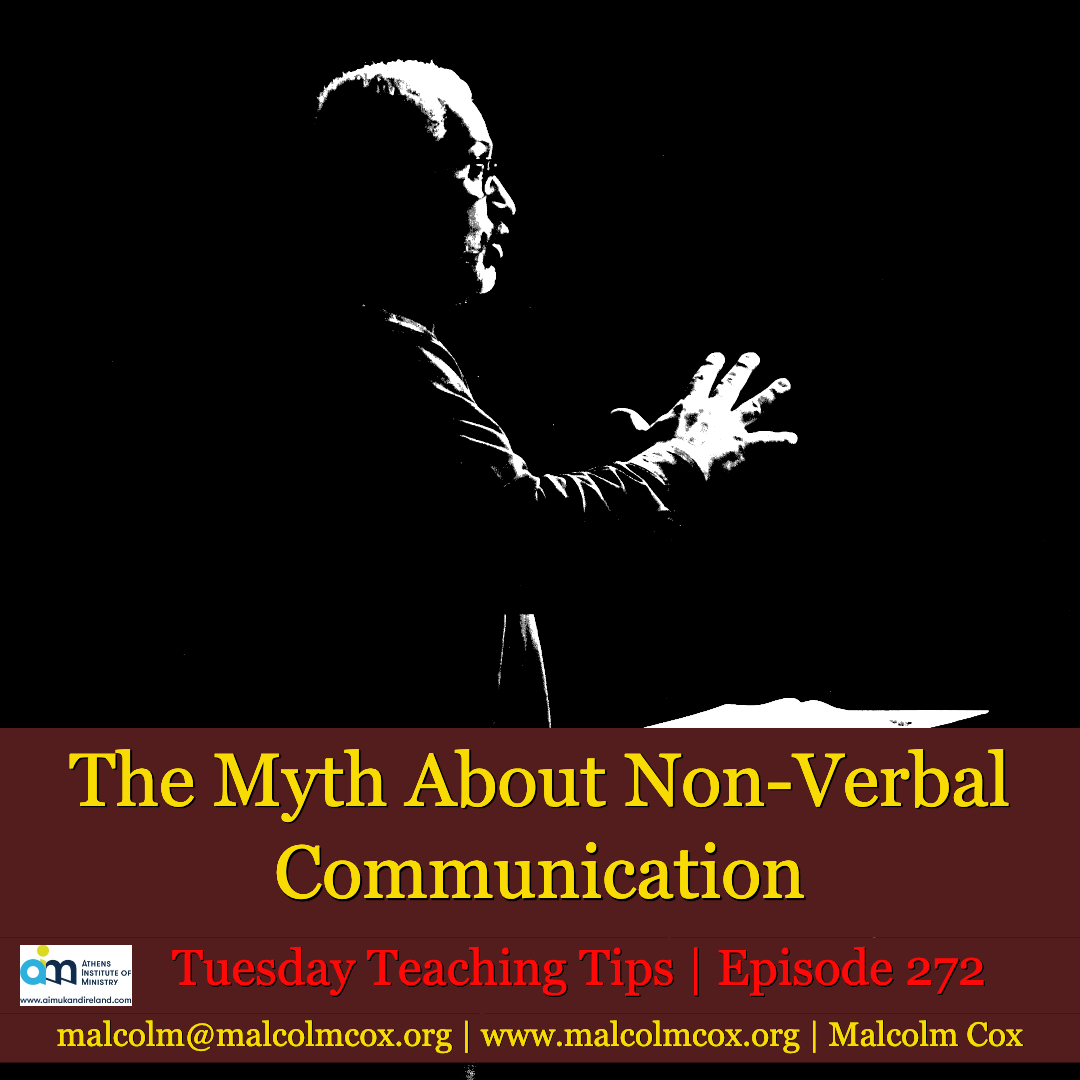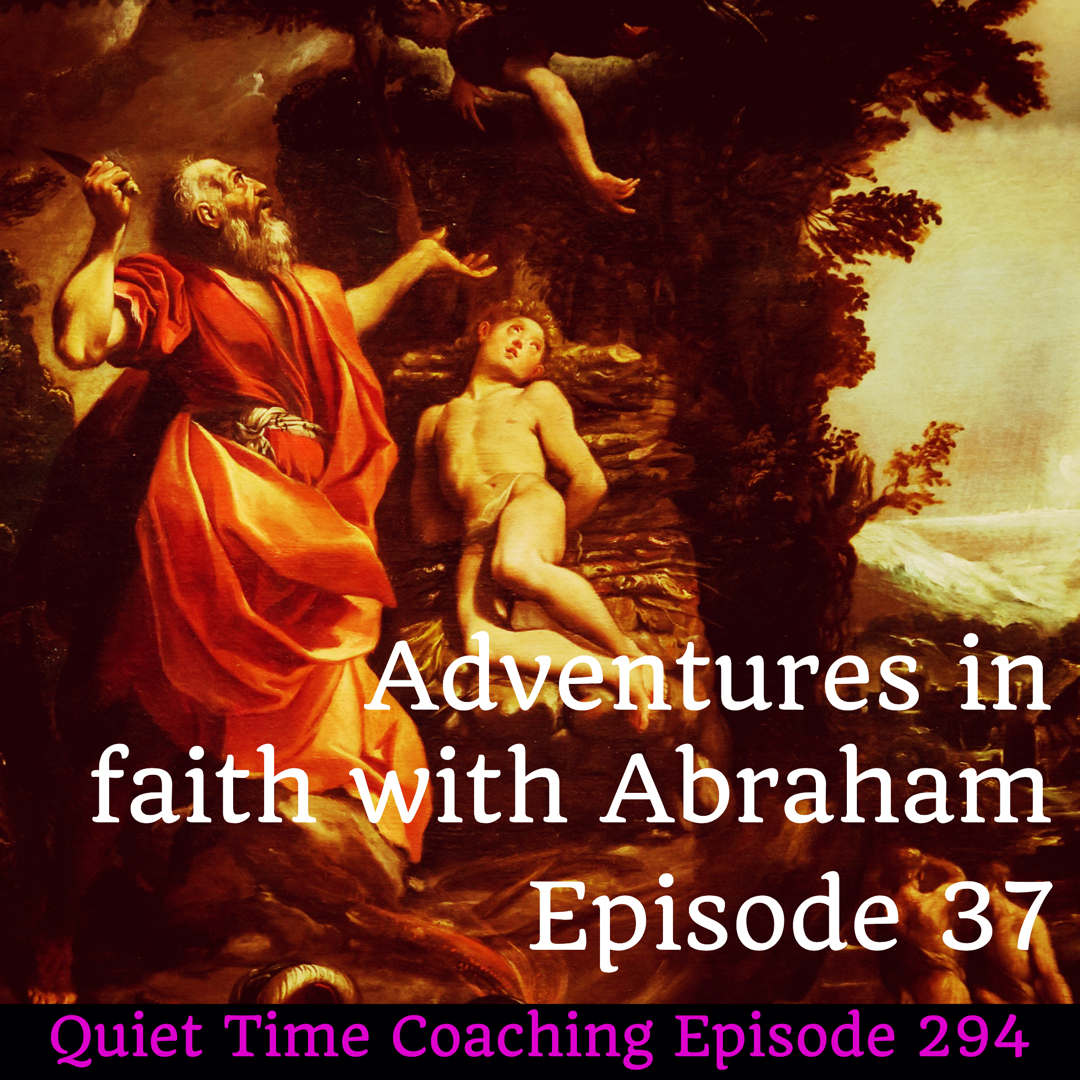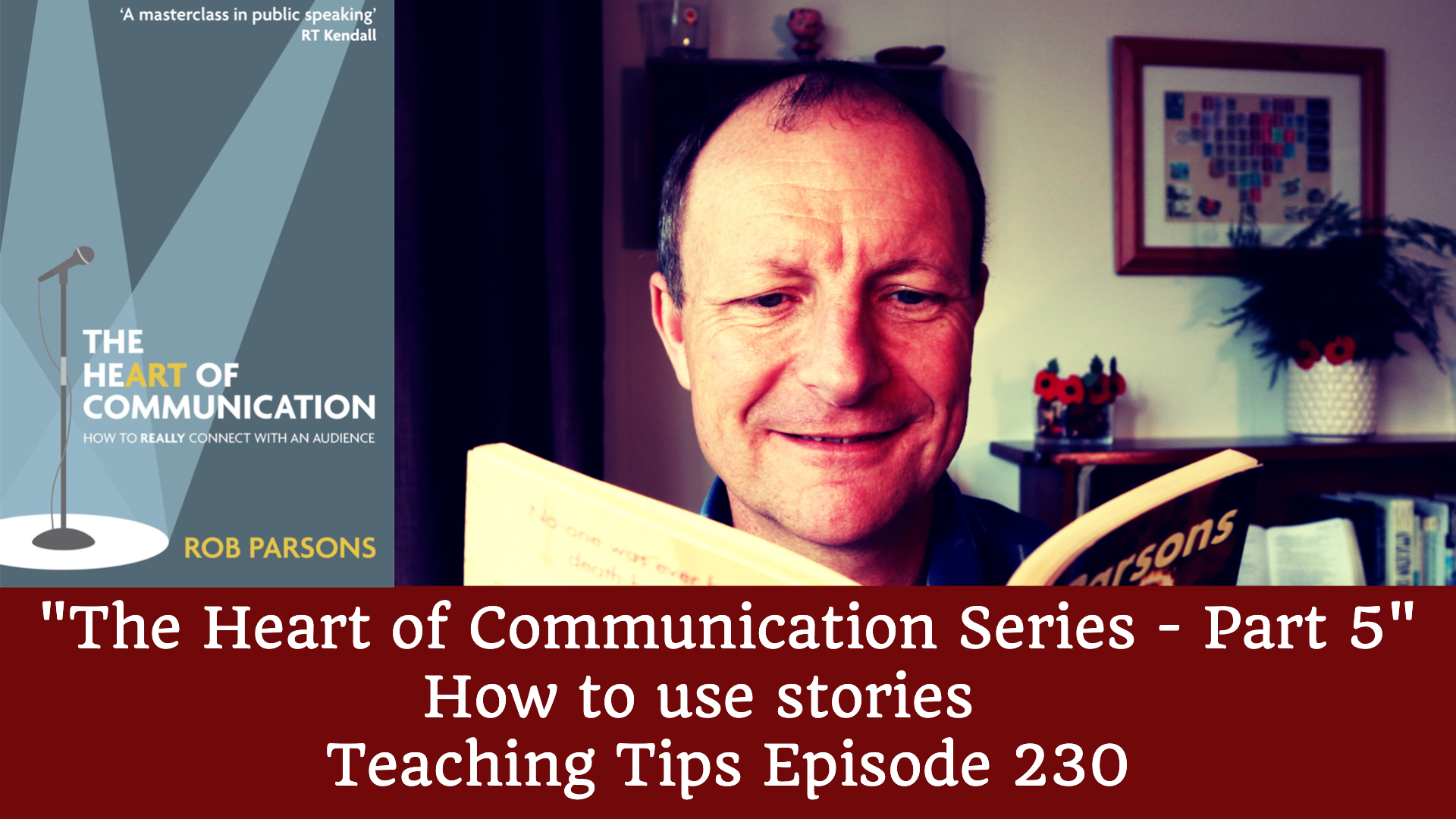
The oft-repeated claim is that communication is 7 percent verbal, 38 percent vocal, and 55 percent facial. Is this true? Those statistics come from two studies conducted in 1967. Their conclusions have become accepted orthodoxy, but there are serious methodological limitations to those studies.
The author of Communication is 93% Nonverbal: An Urban Legend Proliferates, by David Lapakko (Associate professor at the department of communication studies at Augsburg College, Minneapolis) says, “What that number tells people is to pay little attention to the words they use, because words don’t really matter.“*
Do words matter? How significant is body language?
What do you remember of the body language connected to the following speakers? Martin Luther King Jr’s “I have a dream”? Or Churchill’s, “We will fight them on the beaches….”, or, Shakespeare/Hamlet’s, “To be or not to be”, or, “When you pray, say, “Our Father who art in heaven””?
Body language and vocal inflection play a part, there is no doubt about that, but to say that the words themselves are only 7% of the communication is an unsubstantiated claim.
Regarding body language:
1. Distractions – nervous ticks; film yourself.
2. Connect with your audience – look up and around, talk to your ‘friends’
Regarding words:
1. Have confidence in God’s Word – read it clearly and slowly. “As the rain and the snow come down from heaven, and do not return to it without watering the earth and making it bud and flourish, so that it yields seed for the sower and bread for the eater, so is my word that goes out from my mouth: It will not return to me empty, but will accomplish what I desire and achieve the purpose for which I sent it.” (Isaiah 55:10–11 NIV11)
2. Choose the words in which you explain your core point carefully. Speak them with conviction. People may only remember that one phrase, but that might be enough.
– “Jesus because thirsty because he was thirsty for our freedom from thirst.”
Please add your comments on this week’s topic. We learn best when we learn in community.
Do you have a question about teaching the Bible? Is it theological, technical, practical? Send me your questions or suggestions. Here’s the email: [malcolm@malcolmcox.org](mailto:malcolm@malcolmcox.org).
If you’d like a copy of my free eBook on spiritual disciplines, “How God grows His people”, sign up at my website: http://[www.malcolmcox.org](http://www.malcolmcox.org/).
Please pass the link on, subscribe, leave a review.
“Worship the LORD with gladness; come before him with joyful songs.” (Psalms 100:2 NIV11)
Keep calm and carry on teaching
God bless, Malcolm
* https://cornerstone.lib.mnsu.edu/cgi/viewcontent.cgi?article=1000&context=ctamj


